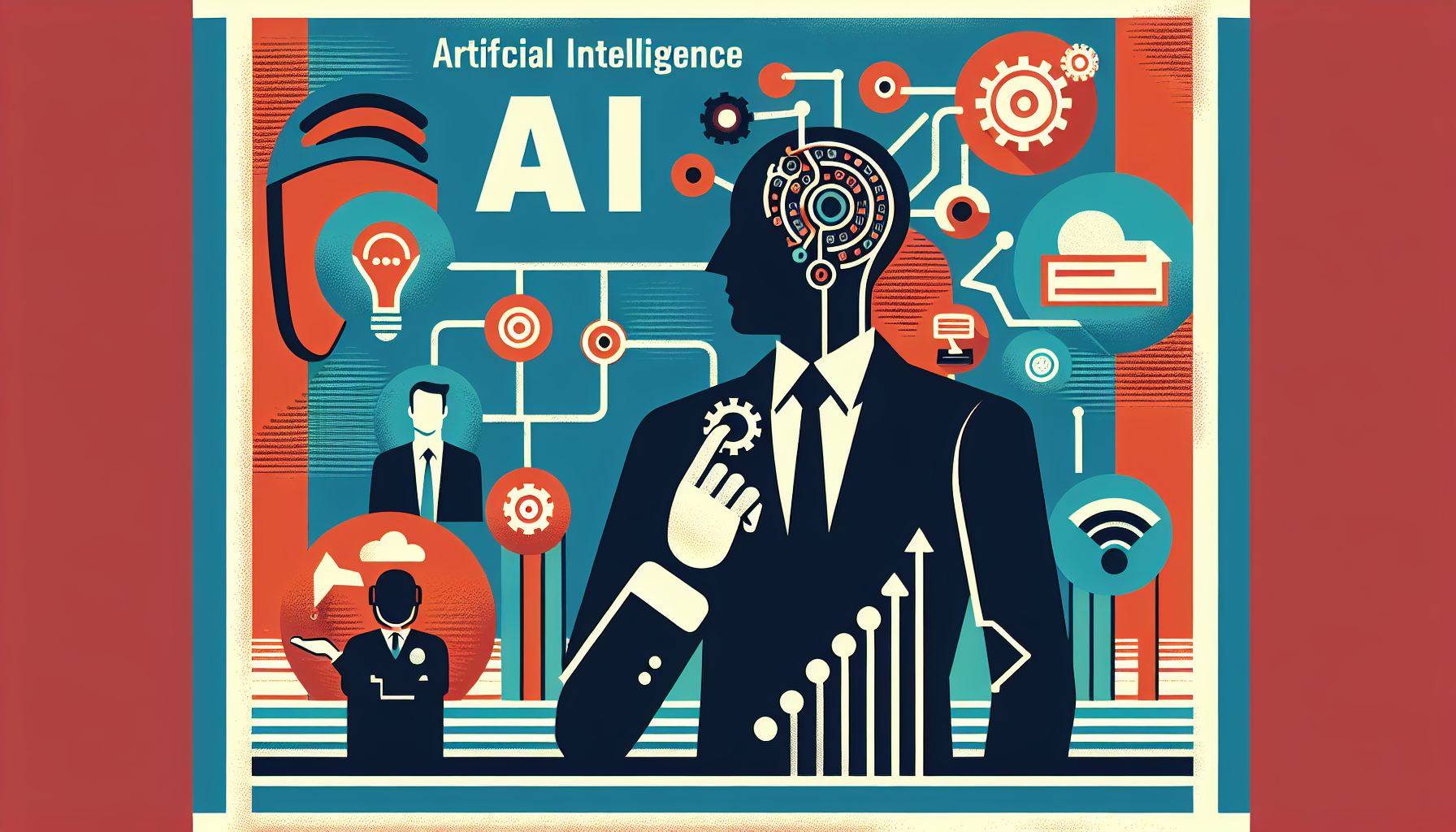Artificial intelligence is quickly becoming a central force shaping the world of work. Its influence reaches far beyond simple automation. AI is creating a new landscape—one where the ways we work, the jobs we do, and the skills we need are all being transformed. As AI keeps developing, understanding its effects is not just useful—it’s essential for everyone.
Changing Job Roles
AI is doing more than just taking over repetitive tasks. It’s beginning to handle complex activities that once seemed out of reach for machines—such as processing information or finding creative solutions. For example, in law, AI can review stacks of documents in moments. This allows lawyers to spend their time on strategic thinking and building unique cases instead of tedious paperwork. As a result, legal teams may become smaller, but their focus can be deeper.
In fields like finance and marketing, AI sorts and analyzes enormous amounts of data. It provides insights that help people make smarter decisions, faster. Yet, with these new tools, professionals must learn how to interpret AI findings and put them into use. This shift means that even roles in these industries are changing; skills must keep pace if people want to stay valuable in the modern workplace.
The Skills That Matter Most
As AI becomes part of daily work, the types of skills employers need are evolving. Many experts, including those at the World Economic Forum, believe that by 2030, most work-related skills will look different from today. Several key abilities stand out:
- AI Literacy: Knowing how to use AI tools—like ChatGPT or other software copilots—is quickly turning into a basic requirement for many jobs.
- Data Analysis: As AI generates more information, people who can understand and act on these insights will be in high demand.
- Creative and Strategic Thinking: Since AI can pick up routine work, the human edge will come from finding new solutions and making big-picture decisions.
Reskilling and Lifelong Learning
Adapting to this new world requires more than just technical know-how. Workers also need skills like communicating well, collaborating with others, and thinking critically. Businesses play a vital role here—they must help their teams adjust to new tools while making sure the best parts of human work, like empathy and creative thinking, remain central.
Upskilling (learning new abilities for your current job) and reskilling (preparing for a different role entirely) are becoming regular parts of most careers. Those who invest in learning, both employers and workers, will be better equipped to navigate change.
What Tomorrow’s Workplace Looks Like
In the future, it’s likely that people will work side-by-side with AI systems more often. These ‘machine collaborators’ will boost efficiency and open doors to entirely new opportunities. In industries like manufacturing and logistics, AI-powered robots are not just making workplaces safer, but also freeing human workers to focus on tasks that require judgement and invention.
Some positions will disappear as machines take over certain tasks. But at the same time, new jobs will arise—many of which don’t exist today. These jobs will often ask for new skills, creative thinking, or the ability to work closely with technology.
Looking Forward
AI is changing the future of work in countless ways—some exciting, others challenging. The journey won’t be without obstacles, but there is real promise in this new era. If we focus on continuous learning and embrace new ways of working, AI can help unlock fresh achievements and opportunities for everyone. It’s an invitation to grow, adapt, and build the kind of workplace where both humans and machines can thrive together.

Leave a Reply